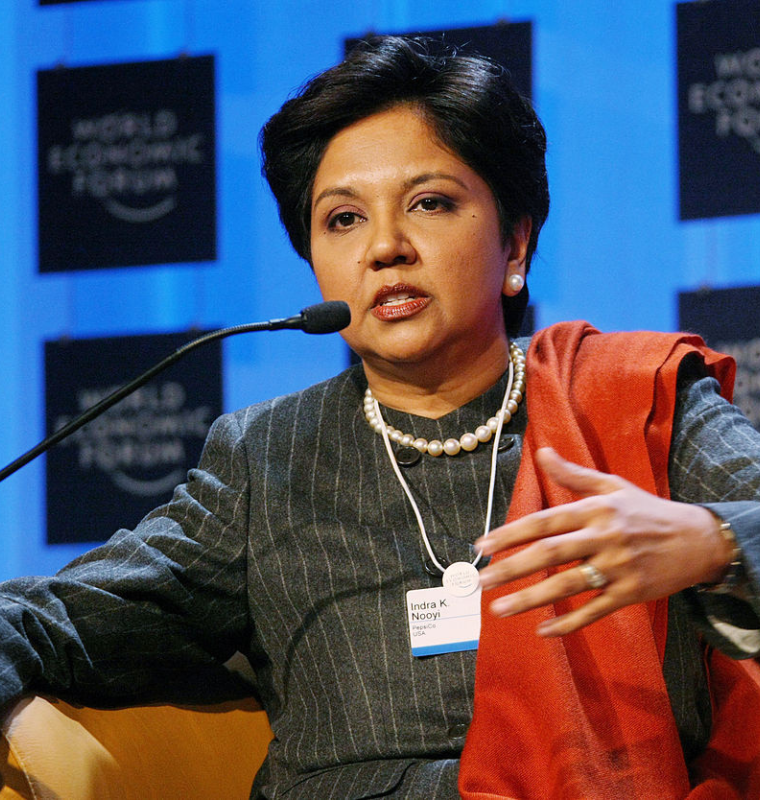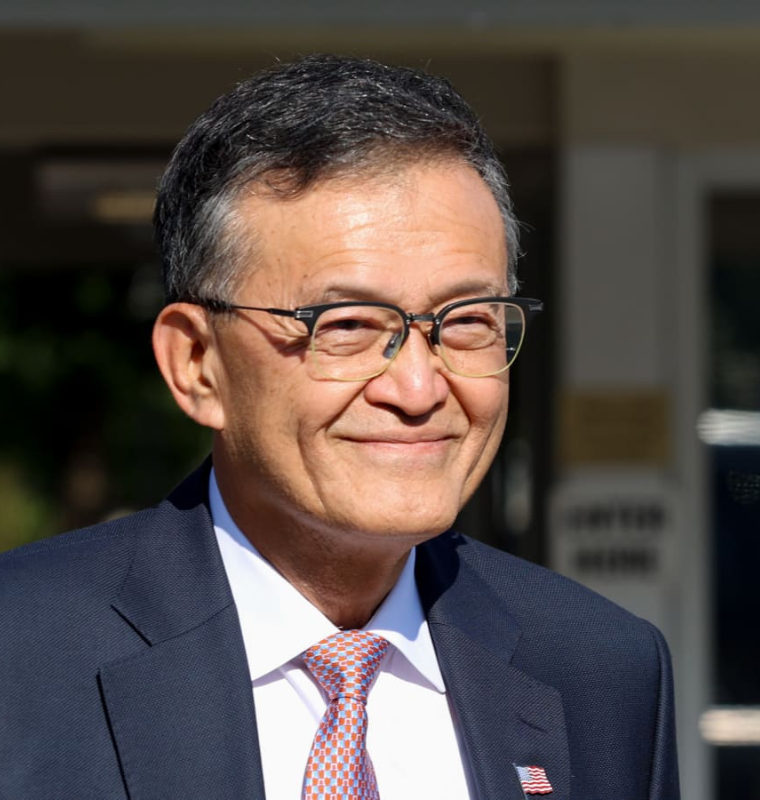Why Greece Is One of NATO’s Top Defense Spenders—Despite Not Being a Military Superpower
Why Greece Is One of NATO’s Top Defense Spenders—Despite Not Being a Military Superpower
By
Rachel Steinberg
Last updated:
June 25, 2025
First Published:
August 3, 2025

Photo: Business Insider
Greece: A Surprising Giant in Defense Spending
Sun-drenched beaches and historic ruins may define Greece’s image abroad, but behind the scenes, the country has long maintained one of the highest defense budgets in NATO. In 2024, Greece spent approximately 3.1% of its GDP on defense—ranking fifth among the alliance's 32 members, according to NATO estimates.
Only the United States, Poland, Latvia, and Estonia spent a higher proportion of GDP on their military forces—many of them reacting directly to Russia’s recent aggression in Ukraine. Greece, however, has a different reason: its deeply strained and complex relationship with Turkey, a fellow NATO member.
Centuries of Tension with Turkey Still Drive Modern Strategy
Greece’s defense posture is shaped not by abstract geopolitics, but by a centuries-old rivalry with neighboring Turkey. The two countries have clashed over territory, migration, Cyprus, and military rights in the Aegean Sea—issues that remain unresolved and emotionally charged to this day.
“You have a large number of Greek islands located extremely close to the Turkish coast,” said Jacob Kirkegaard, senior fellow at Bruegel. “In principle, those islands could be quickly overrun, so Greece maintains military garrisons on almost all of them. That’s costly.”
According to George Tzogopoulos, senior fellow at ELIAMEP, Greece’s spending is as much about deterrence as it is about capability: “We continue investing to safeguard sovereignty and sovereign rights. There is no choice but to be prepared for every possibility, especially given Turkey’s increasingly assertive regional behavior.”
Not a Superpower—Despite the Budget
While the headline numbers are striking, military analysts caution against assuming Greece is a dominant military force.
“Much of Greece’s recent military spending—particularly since Russia’s invasion of Ukraine—has been directed towards acquiring advanced weapons systems, many of which are sourced from abroad,” explained Wolfango Piccoli, co-president at political risk consultancy Teneo. France and the U.S. have been major suppliers.
But this has exposed a strategic vulnerability: Greece lacks a strong domestic defense industry, which forces it to depend heavily on foreign arms.
Other limitations persist. Kirkegaard notes that much of Greece’s heavy equipment is outdated, poorly integrated, and logistically stretched across remote island territories. Troop training is not always optimized for modern combined-arms operations.
“In Greece’s case, high spending does not automatically translate into effective, modernized military capability,” he said.
NATO Dynamics: Leverage Beyond Muscle
Still, Greece’s elevated defense spending has given it valuable geopolitical leverage within NATO. According to Piccoli, the country’s commitment to military investment has helped solidify its partnerships with power players like the United States and France.
“Greece’s spending functions as both a signal of reliability to allies and a bargaining chip for increased security guarantees in an unstable neighborhood,” he said.
This week's NATO summit is expected to discuss raising the alliance’s collective defense target to 5% of GDP, including 3.5% for military needs and 1.5% for infrastructure and cybersecurity. For many nations, that would mean a steep climb.
Not so for Greece.
Can Greece Meet NATO’s New Target?
While Greece is already close to the new target, some experts doubt it will stretch much further.
“I don’t expect Greece to be a leader in meeting the new 5% target,” said Kirkegaard. “The driving force behind these increases is Russian aggression, which is not Greece’s core concern. Its defense priorities are more local—centered on Turkey and Mediterranean security.”
Still, Greece’s contributions ensure that it remains a respected and strategically important member of NATO, even if it lacks the industrial backbone of military superpowers.
A Small Country with Big Defense Intentions
Greece may not command fleets of next-generation tanks or an expansive air force, but its high defense spending speaks volumes. It's a reflection of national priorities rooted in geography, history, and enduring regional threats.
As the global security landscape shifts, Greece’s strategy is clear: spend heavily, remain vigilant, and secure a voice among NATO's power players—even without the arsenal of a superpower.
Popular articles
Subscribe to unlock premium content
Indra Nooyi’s Strategic Vision at PepsiCo: Balancing Profitability with Purpose

Nike’s Direct-to-Consumer Revolution: How Cutting Retailers Boosted Profits and Control

Spotifys Playlist Power Turning Music Curation Into An Advertising Goldmine

Indra Nooyi’s Strategic Vision at PepsiCo: Balancing Profitability with Purpose

Nike’s Direct-to-Consumer Revolution: How Cutting Retailers Boosted Profits and Control

Indra Nooyi’s Strategic Vision at PepsiCo: Balancing Profitability with Purpose









